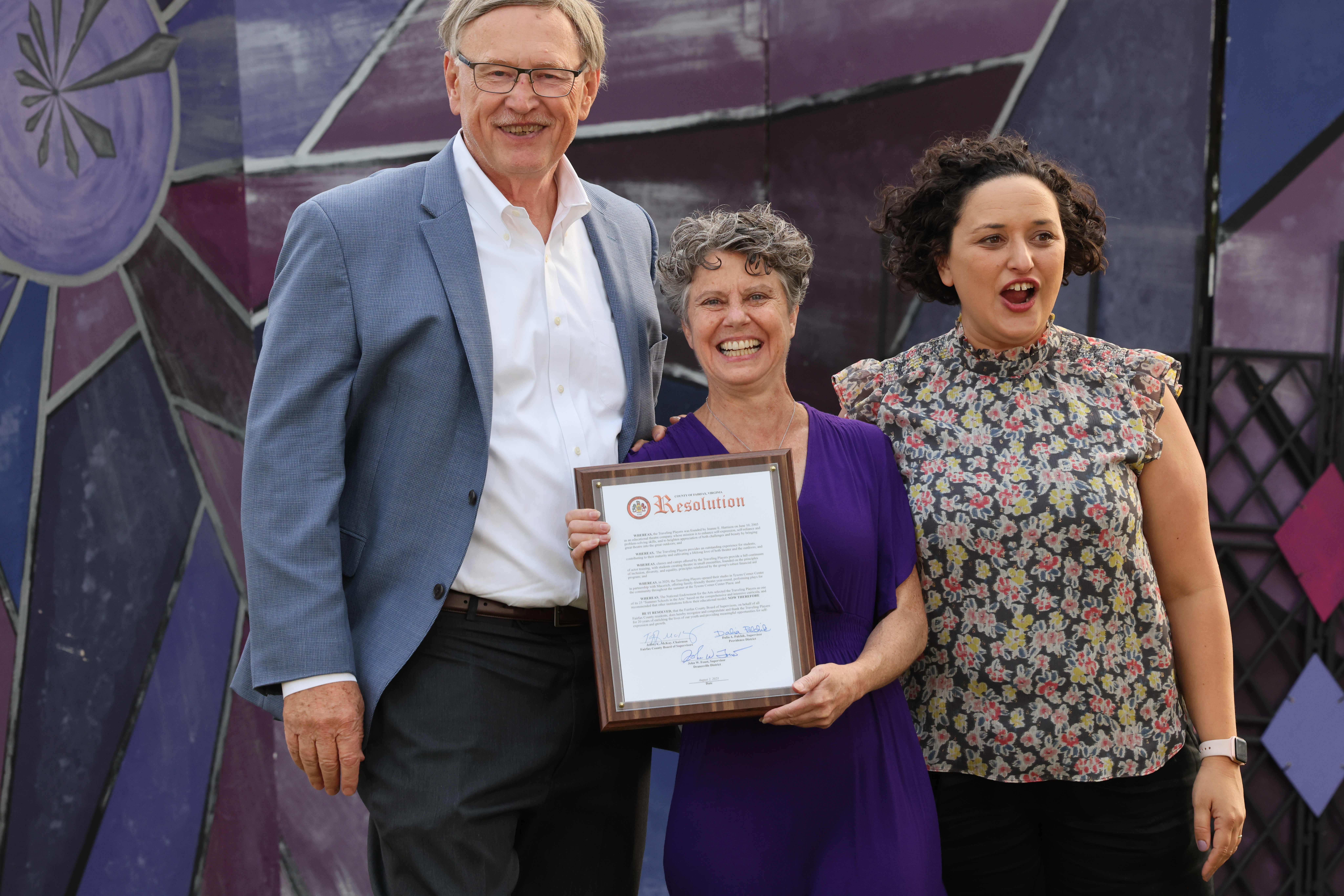
to create theatre with children and teens to enhance their self-expression, self-reliance, and empathy while building an inclusive, multi-year arts community. Our goal is to provide an outstanding theatre experience for students that will contribute to their maturity and cultivate a lifelong love of both theatre and the outdoors while meeting rigorous artistic and educational standards.
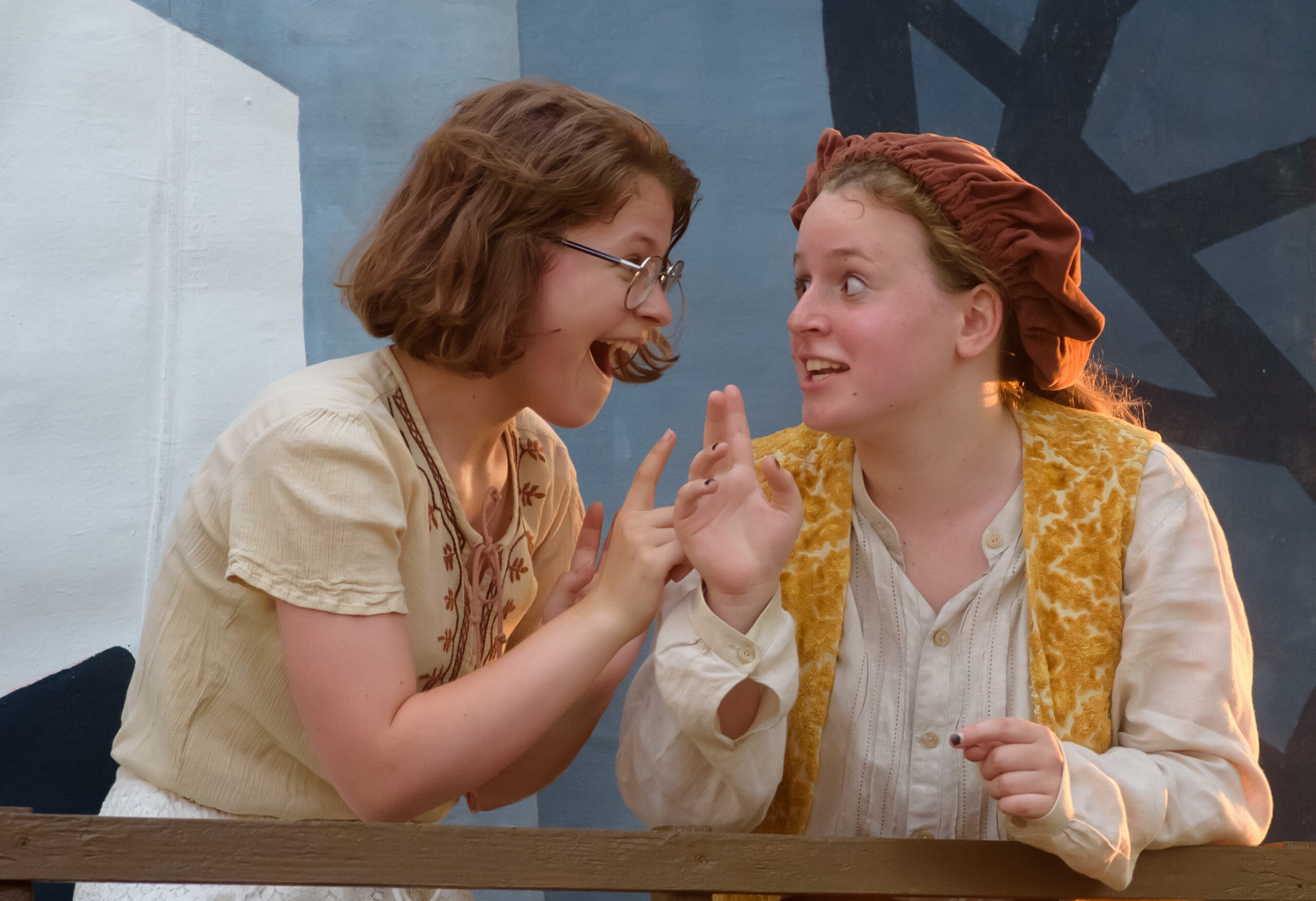
Artistic creation is fundamental to forming one’s identity, especially for teens in their unique and complex transition between childhood and adulthood. We give kids a safe space to explore themselves through artistic expression.
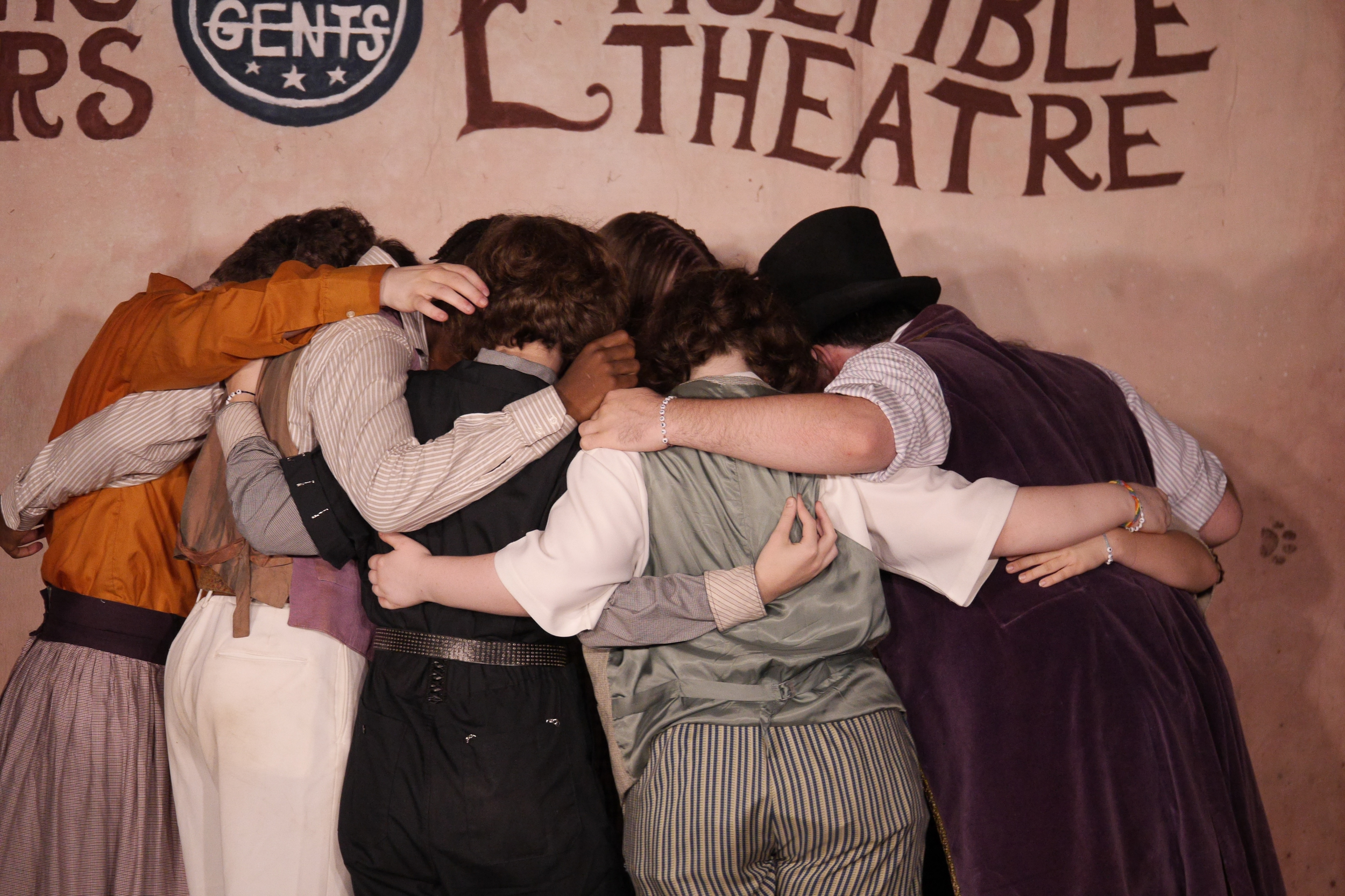
An ensemble (13 actors) provides an ideal structure for fostering creativity and a sense of community, ensuring personalized attention and significant growth as an artist and individual. By keeping our casts small, Traveling Players is able to provide individualized instruction and an enviable 4:1 student-faculty ratio.
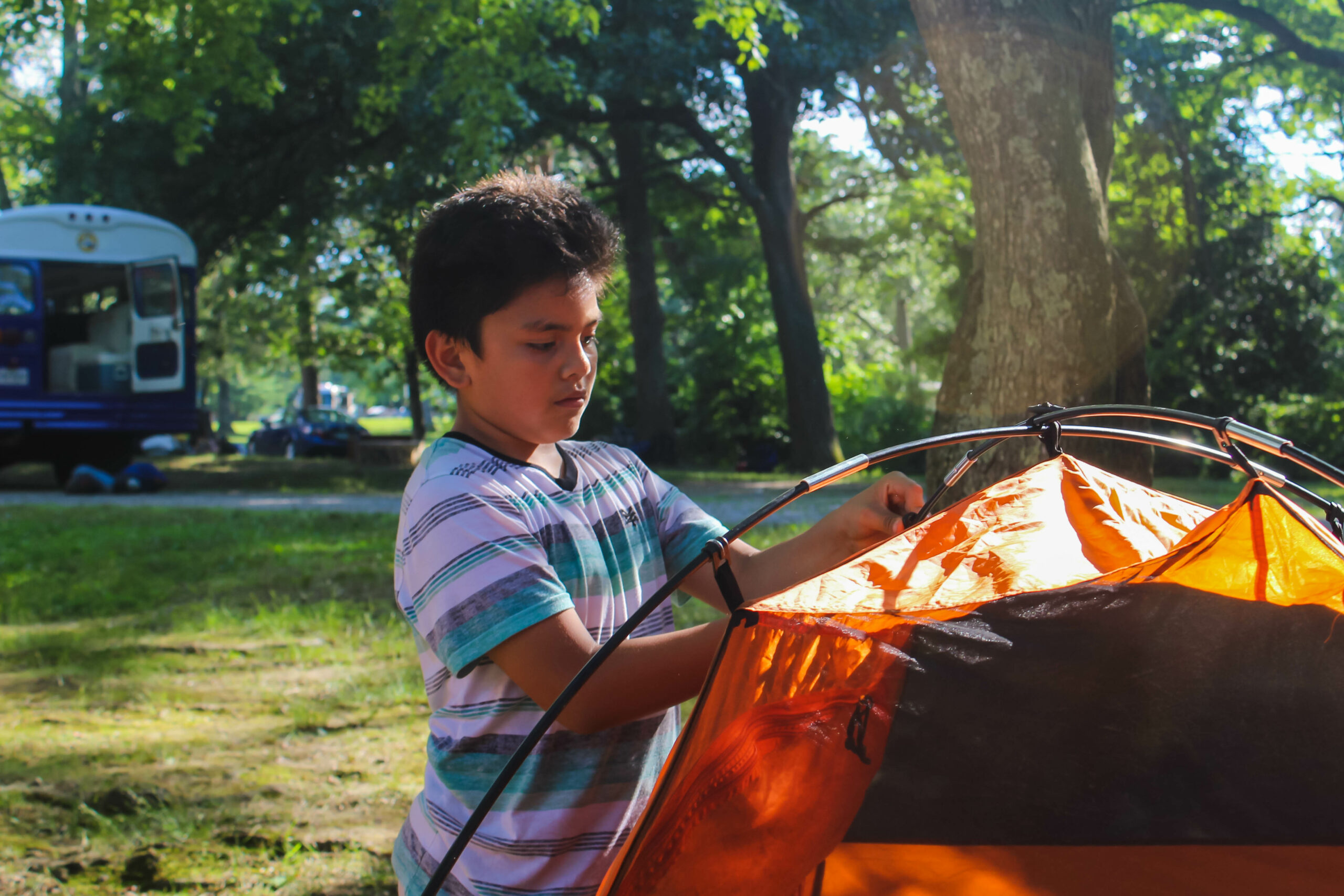
As stated in a 2007 Washington Post article about Traveling Players, “Many kids’ first spiritual encounters take place in nature, where they discover something larger than themselves.” Therefore, we link theatrical work to nature by rehearsing and performing outdoors and by emphasizing nature themes in the plays we produce.
Traveling Players Students attribute numerous awards and distinctions to our programs and coaching, including:
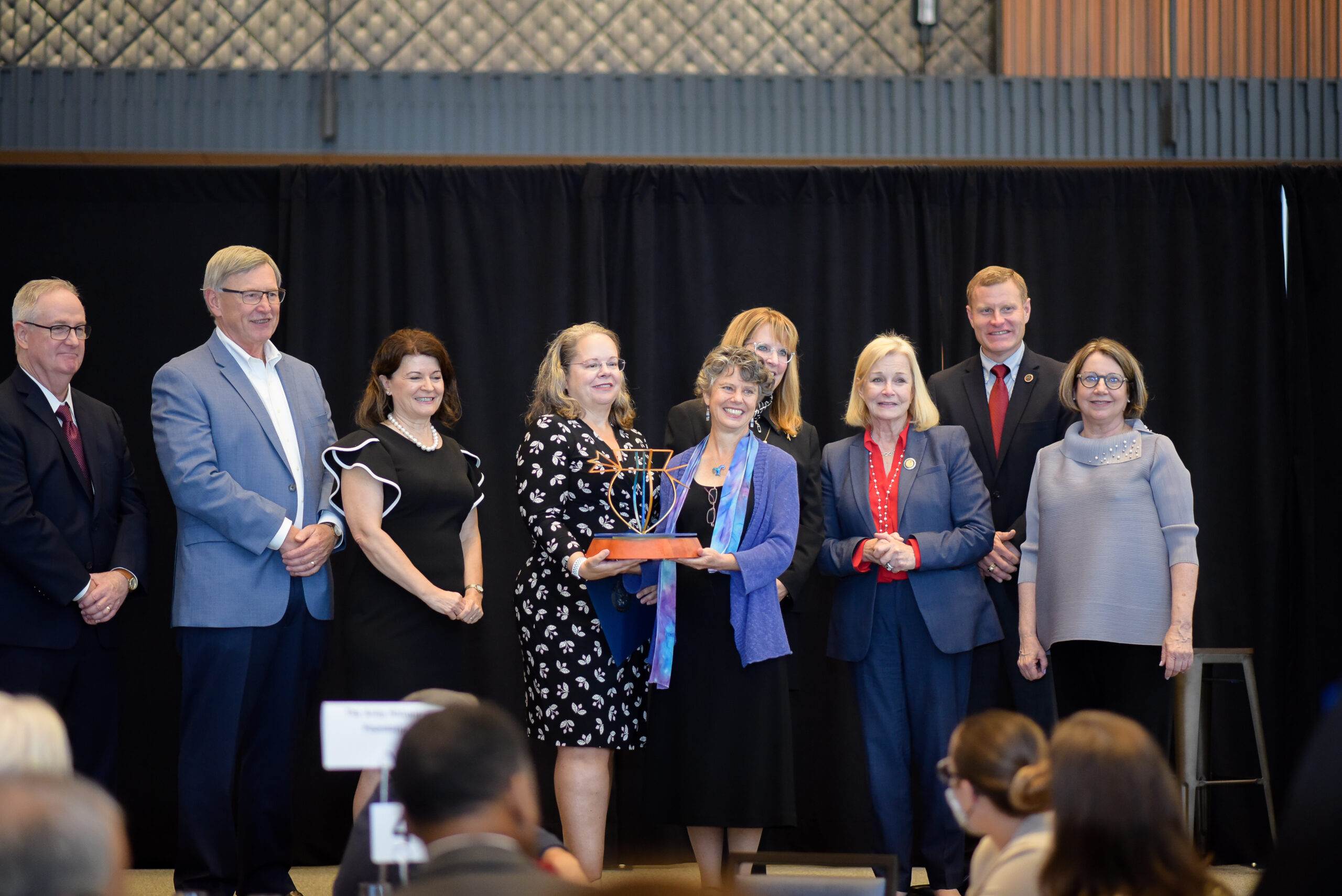

Acting created a place for me to express myself and to feel like people are listening — and being at Traveling Players made me feel as if I was worth listening to. It’s a wonderful feeling.
— Camper
Each year that our daughter has attended a Traveling Players program (3 summers and 2 winters), I have been so impressed not only by the wonderful and professional nature of the programs, but by the genuine camaraderie developed between the cast and the directors. No other program or experience has been more challenging or meaningful for my daughter. Thank you!
– Parent
Wow! Traveling Players is a fantastic community! Our daughter has done multiple summer camps, several skills sessions, and a host of live performances over the past three years, and we have run out of superlatives. The staff, families, venues and content are all top-notch. Traveling Players is a fun, well-organized, welcoming and inclusive community perfect for children who want to nurture their creativity, build confidence and make friends; or, for those who desire to truly build and hone their acting skills and CVs.
- Parent
A transformative experience! My son and daughter have attended Traveling Players programs for many years. It is the most important activity in both of their lives. The instruction in classical theatre is incomparable. The outdoor skills and experiences are phenomenal. And the friendships and close, supportive community of kids are priceless. Go!
— Parent
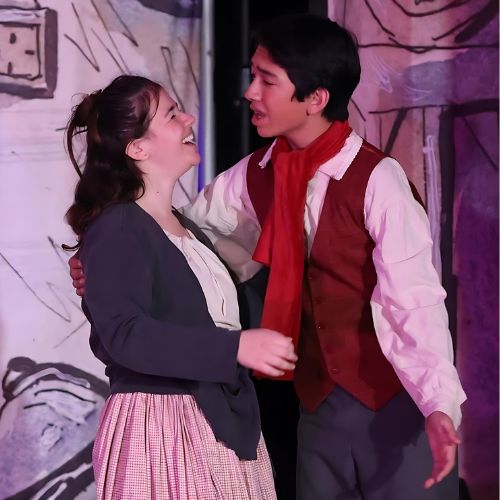
"The one-act show...provided a tour-de-force opportunity for its lead and plenty of strong performances throughout."
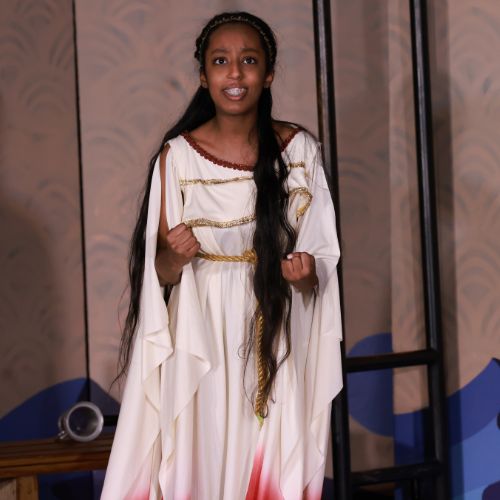
"Ancient Greek myths tell epic stories and require a level of emotional commitment that is typically not asked of teenage actors. And yet, in some ways, it is teenagers - with their heightened emotions - who are best equipped to tell these narratives."
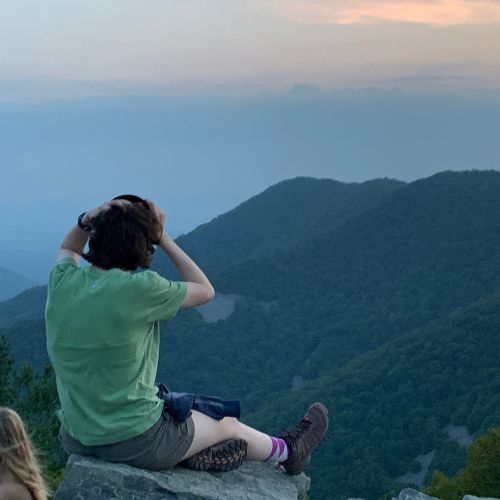
"The positive effects of art on growing children cannot be overstated. When young people find an outlet to express themselves...they're able to build a stronger sense of self. Traveling Players Ensemble recognizes this invaluable benefit to young people and takes it another step further: connecting with the outdoors."
Traveling Players Studio
Tysons Corner Center – D1L
1961 Chain Bridge Road, Tysons, VA 22102
P.O. Box 1315
Great Falls, VA 22066


